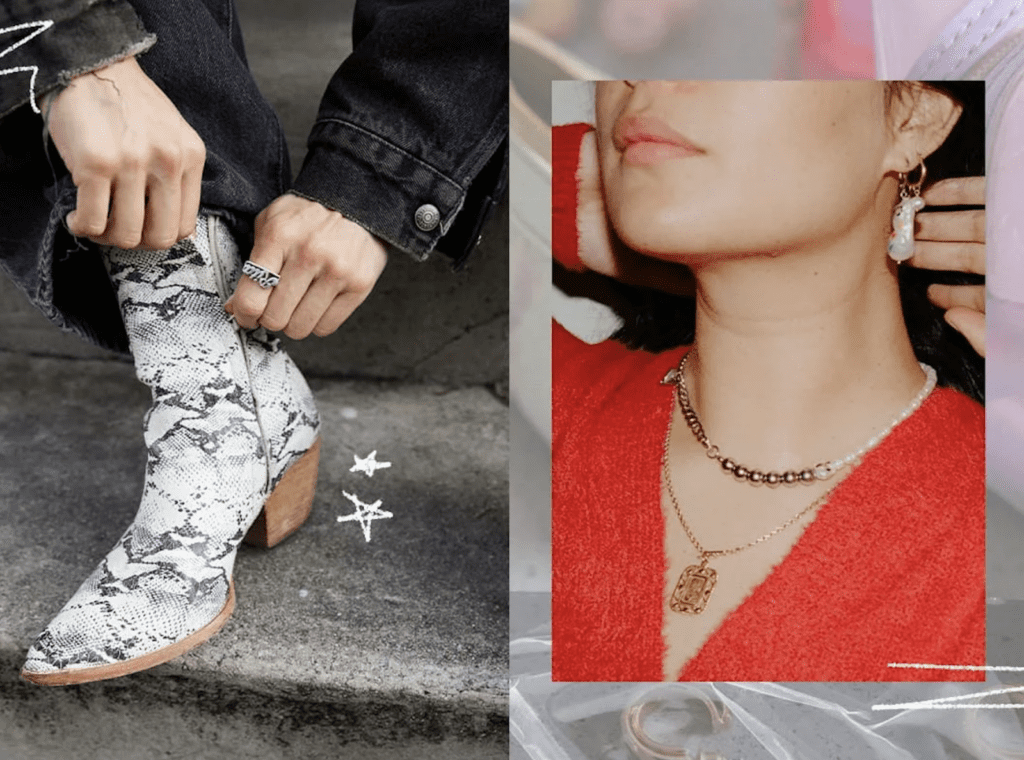A trade secret lawsuit that pits two rival clothing rental services against one another will not be decided prior to trial. In an order on Thursday, Judge Nitza Quiñones Alejandro of the U.S. District Court for the Eastern District of Pennsylvania refused both Le Tote and Urban Outfitters’ motions for summary judgment. San Francisco-based fashion rental company Le Tote waged first filed suit in June 2020, accusing Urban Outfitters of gaining access to an array of valuable information – including “proprietary in-house tools” and “technological infrastructure and logistical functions” – under the guise of a potential acquisition. The deal never came to be, according to Le Tote, and instead, Urban Outfitters launched Nuuly – a copycat rental service of its own to “compete directly with Le Tote” – using the secret info that it had “stolen” during the parties’ M&A discussions.
Fast forward three years and the court has shut down the parties’ respective arguments that they are entitled to judgment or partial judgment as a matter of law. In a brief order on July 6, as first reported by TFL, Judge Quiñones Alejandro stated that the claims that Le Tote has lodged in furtherance of its lawsuit depend on whether: (1) it has adequately identified protectable trade secrets; (2) those trade secrets were publicly available; and (3) Urban Outfitters used those trade secrets to set up its competing business. Since “each party has pointed to record evidence to support their respective conclusions on each of the above determinations,” the court found that “the record evidence presented creates genuine disputes of material fact on each of the above-identified inquiries,” and thus, denied their respective motions for summary judgment as a result.
As we previously reported, Urban Outfitters argued in its February 2023 motion for summary judgment that Le Tote lacks standing under the Defend Trade Secrets Act (“DTSA”) and the Pennsylvania Uniform Trade Secrets Act (“PUTSA”) given that it sold “all of its business assets – including all of the alleged trade secrets at issue here – to the Saadia Group,” which is not a party to this lawsuit, prior to the filing of this case. Moreover, Urban has claimed that Le Tote has failed to identify with any level of specificity any trade secret that it has purportedly misappropriated. Beyond that, Urban argued that Le Tote has failed to provide evidence that it actually used any confidential information it learned from Le Tote to develop and launch Nuuly, thereby, “doom[ing] Le Tote’s breach of contract claim.”
And finally, Urban maintains that Le Tote has fallen short on its unfair competition claim, which is “preempted as a matter of Pennsylvania law, is barred as entirely duplicative of its misappropriation claims, and is conclusively foreclosed by Pennsylvania’s ‘gist of the action’ doctrine, which bars [Le Tote] from recasting breach of contract claims into tort claims.”
While the court did not delve into the bulk of Urban’s arguments (or Le Tote’s for that matter), Judge Quiñones Alejandro did discuss its standing-centric assertions, stating that Urban has argued that Le Tote lacks standing to bring its claims as a matter of law “because, after [Le Tote] commenced this action, [it] sold all of its assets to a third-party not involved in this litigation.” (Emphasis courtesy of the court.) The judge disagreed with this argument, holding that “though the DTSA and PUTSA seemingly permit only the ‘owner’ of a trade secret to bring a claim, it is undisputed that Plaintiff was the owner of the alleged trade secrets at the time of the alleged misappropriation and at the time this action was commenced.” Further, the court held that the asset purchase agreement underlying the sale of Le Tote’s assets, including its trade secrets, “expressly excluded the sale of [its] claims in this case.” As such, the court found that Le Tote has standing to assert its misappropriation claims against Urban in the case at hand.
The court’s order follows from Urban’s unsuccessful bid for dismissal in August 2020 when it filed a motion to dismiss all claims in Le Tote’s complaint for failure to state a claim. In June 2021, the court denied Urban’s motion to dismiss with respect to all claims except the unjust enrichment claim, which it dismissed due to lack of dispute between the parties.
THE BIGGER PICTURE: Competition continues to intensify in the online clothing rental market, which is projected to be valued at $2.3 billion by the end of this year and is expected to rise to $6.2 billion by 2033, according to Future Market Insights, Inc., which states that sales of online clothing rentals are expected to grow at “a significant CAGR of 10.6 percent during the forecast period.” The market consultancy notes that younger consumers are driving demand in this segment of the market, with millennials “increasingly wearing designer clothing without actually owning it in order to keep up with the ever-changing fashion trends.” In addition to rising attention to sustainability by younger consumers, Future Market Insights states that “increasing subscription-based model adoption, rising internet penetration rates, and rising disposable income levels are expected to drive the market [for rental] even further.”
The case is Le Tote, Inc. v. Urban Outfitters, Inc., 2:20-cv-03009 (E.D.Penn.).











